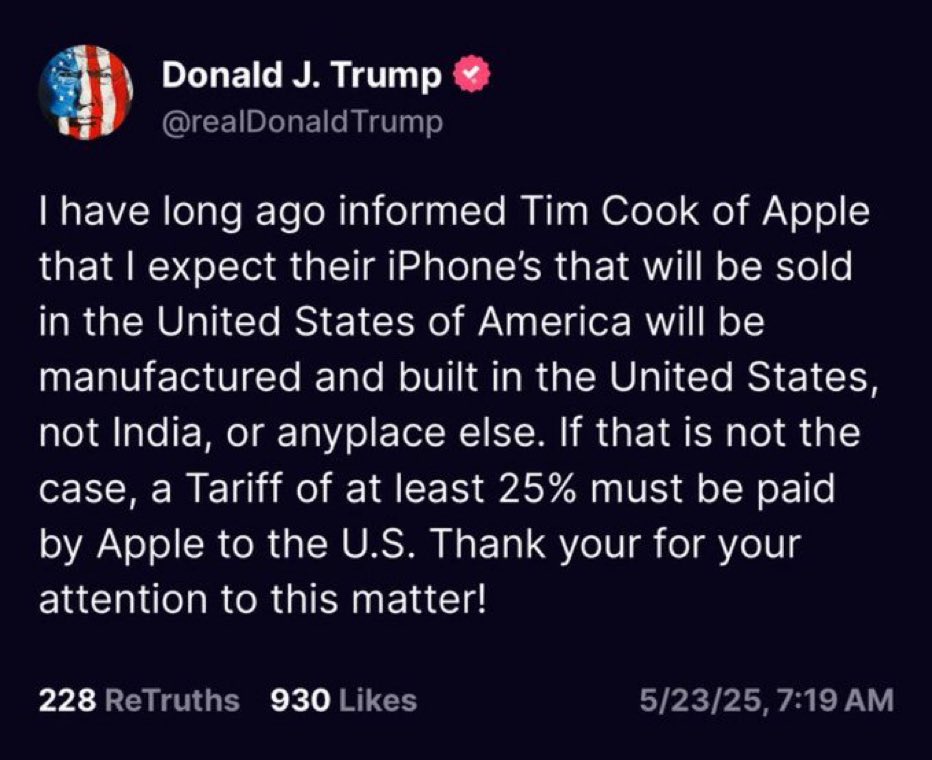Here's the latest crisis at Harvard.
If you're an especially talented graduate student in STEM, you can get a grant from the National Science Foundation (NSF) to help pay for graduate school.
These are competitive, much sought-after awards called NSF GRFPs.
—>
If you're an especially talented graduate student in STEM, you can get a grant from the National Science Foundation (NSF) to help pay for graduate school.
These are competitive, much sought-after awards called NSF GRFPs.
—>
2/ You apply as you head to grad school. NSF awards about 4,000 a year—but each fellowship is for 3 to 5 years of funding.
The award is tuition + a small stipend to reduce the need to TA.
Students get the grants, but in practice, they go straight to universities from NSF.
—>
The award is tuition + a small stipend to reduce the need to TA.
Students get the grants, but in practice, they go straight to universities from NSF.
—>
3/ These are prestigious. Yes, you're in to Michigan or Texas or Stanford or MIT—and top of that, you got an NSF GRFP to pay for a couple years.
They go to the top of the top grad students.
US citizens only. No international students.
What's the crisis?
—>
They go to the top of the top grad students.
US citizens only. No international students.
What's the crisis?
—>
4/ NSF just cancelled all the NSF grants for Harvard graduate students.
Dozens & dozens, maybe hundreds, of Harvard PhD students in the sciences just had their funding pulled.
Not just Harvard students, the top of the heap in computer science and biology and physics.
—>
Dozens & dozens, maybe hundreds, of Harvard PhD students in the sciences just had their funding pulled.
Not just Harvard students, the top of the heap in computer science and biology and physics.
—>
5/ Trump is literally destroying the on-going education of a wave of the top grad students in the US—to what purpose?
These are not 'terrorists' or international students. They're Americans in the 3rd or 4th or 5th year of their science PhD work.
All they do is work.
—>
These are not 'terrorists' or international students. They're Americans in the 3rd or 4th or 5th year of their science PhD work.
All they do is work.
—>
6/ They are trying to master all the science that's been figured out in the last 50 years, then invent & create & discover the science of the next 50 years.
Trump just slammed the door in their faces.
…They were told they'd be paid in June.
After that, unclear.
What?
—>
Trump just slammed the door in their faces.
…They were told they'd be paid in June.
After that, unclear.
What?
—>
7/ Someone from MAGA world explain how this advances American greatness.
Someone explain how these grad students are responsible for whatever you're angry about at Harvard. (Most of which is wildly overstated in any case.)
—>
Someone explain how these grad students are responsible for whatever you're angry about at Harvard. (Most of which is wildly overstated in any case.)
—>
8/ By the way: You can 'transfer' to a different grad school.
Grad school doesn't work the way undergraduate years work.
If you're a sophomore at Tufts, you can transfer to Georgetown for junior year — if you can get in.
Not in a PhD program.
—>
Grad school doesn't work the way undergraduate years work.
If you're a sophomore at Tufts, you can transfer to Georgetown for junior year — if you can get in.
Not in a PhD program.
—>
9/ So we just knee-capped 100+ of the very best science grad students in the country, for absolutely not reason or purpose—and what are they supposed to do now?
One more thing: Try getting this work done while your university is being relentlessly mortared every day.
—>
One more thing: Try getting this work done while your university is being relentlessly mortared every day.
—>
10/ Trump said he was going to unleash greatness across the land.
Cure cancer.
Usher in a new golden age for the US economy.
You know what creates greatness? Brilliant people doing fresh, innovative work.
—>
Cure cancer.
Usher in a new golden age for the US economy.
You know what creates greatness? Brilliant people doing fresh, innovative work.
—>
11/ Imagine hooking a farm tiller to a tractor.
You board the tractor & run the tiller up & down one of Donald Trump's golf courses. Every hole, every fairway, every green.
At #18, you turn around & gaze upon the destroyed golf course and say, 'Now THAT'S a golf course.'
—>
You board the tractor & run the tiller up & down one of Donald Trump's golf courses. Every hole, every fairway, every green.
At #18, you turn around & gaze upon the destroyed golf course and say, 'Now THAT'S a golf course.'
—>
12/ That's what Donald Trump is doing to Harvard.
By any measure, pure insanity.
By any measure, pure insanity.
You CANNNOT transfer to a different grad school. Talk about a brutal typo. Sorry about that!
(X does not let you edit threads for some reason.)
(X does not let you edit threads for some reason.)
• • •
Missing some Tweet in this thread? You can try to
force a refresh





